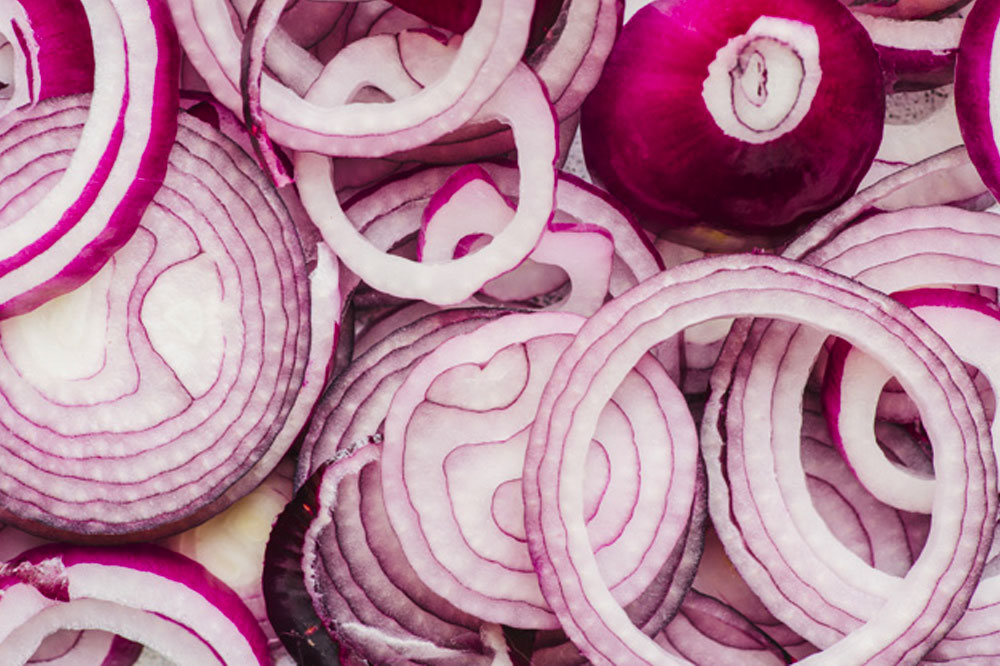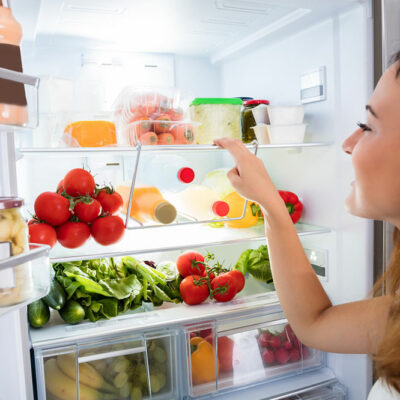
8 Foods to Avoid with IBS
Patients of Irritable Bowel Syndrome (IBS) would notice symptoms being triggered by the consumption of certain foods. At the same time, these trigger foods may differ among people, and the symptoms also vary from person to person. There is no single list of foods to avoid for people with this condition, but following some dietary tips and avoiding common trigger foods of IBS can reduce the frequency of flare-ups and improve the symptoms. The following are some foods to avoid for people with IBS:
Insoluble fiber
Fiber is, undoubtedly, healthy addition to the diet. Foods like vegetables, fruits, and whole grains contain fiber and keep us full for longer, but the tolerance level for fiber varies from person to person. Insoluble fiber may cause or worsen diarrhea in some people with IBS. Additionally, although insoluble fiber helps relieve constipation, it makes one feel bloated. So, it’s ideal to increase the consumption of soluble fiber through root vegetables like carrots and parsnips, legumes like peas, fruits like berries, mangoes, oranges, and grapefruit, and grains like oatmeal and barley.
Gluten
This is a type of protein that some people are allergic or intolerant to, and it causes symptoms like those of diarrhea-predominant IBS. This condition is known as celiac disease, which is an autoimmune disorder caused as a reaction to the ingestion of gluten. It causes changes in the intestinal cells, resulting in poor absorption of nutrients. Most people with IBS are also intolerant to gluten, so a beneficial dietary tip is to follow a gluten-free diet and avoid rye, wheat, and barley as they contain gluten.
Dairy
Most people with IBS are lactose intolerant, and dairy products contain fat, which would also worsen diarrhea, so it is advisable to replace dairy products with alternatives like rice milk and soy cheese.
Fried foods
Foods with high fat content are not suitable for people with IBS. The chemical makeup of food changes when it is fried and makes it more difficult to digest, so consider baking or grilling instead.
Beans and legumes
Though beans are a great source of protein and fiber, they lead to the development of symptoms like gas, bloating, and cramps. They might also worsen constipation, so it is best to leave them out of a diet for IBS.
Processed foods
Most often, processed foods contain additives or preservatives that trigger the symptoms of IBS, so a helpful dietary tip is to avoid processed foods like chips or frozen meals.
Caffeinated drinks
The morning cup of joe may be difficult to eliminate from the diet, but coffee has a stimulating effect on the intestines and causes diarrhea. Other than coffee, sodas and energy drinks also contain caffeine and can trigger the symptoms of IBS, so they are best avoided.
Sugar-free sweeteners
Another important dietary tip for IBS patients is to avoid sugar-free sweeteners and alternatives known as sugar alcohols, polyols, sugar substitutes, and artificial sweeteners. Products like diet drinks, sugarless candy, gum, and even mouthwash contain sweeteners. IBS makes it difficult for the body to absorb sucralose, acesulfame potassium, and aspartame, which are present in sugar-free products.


